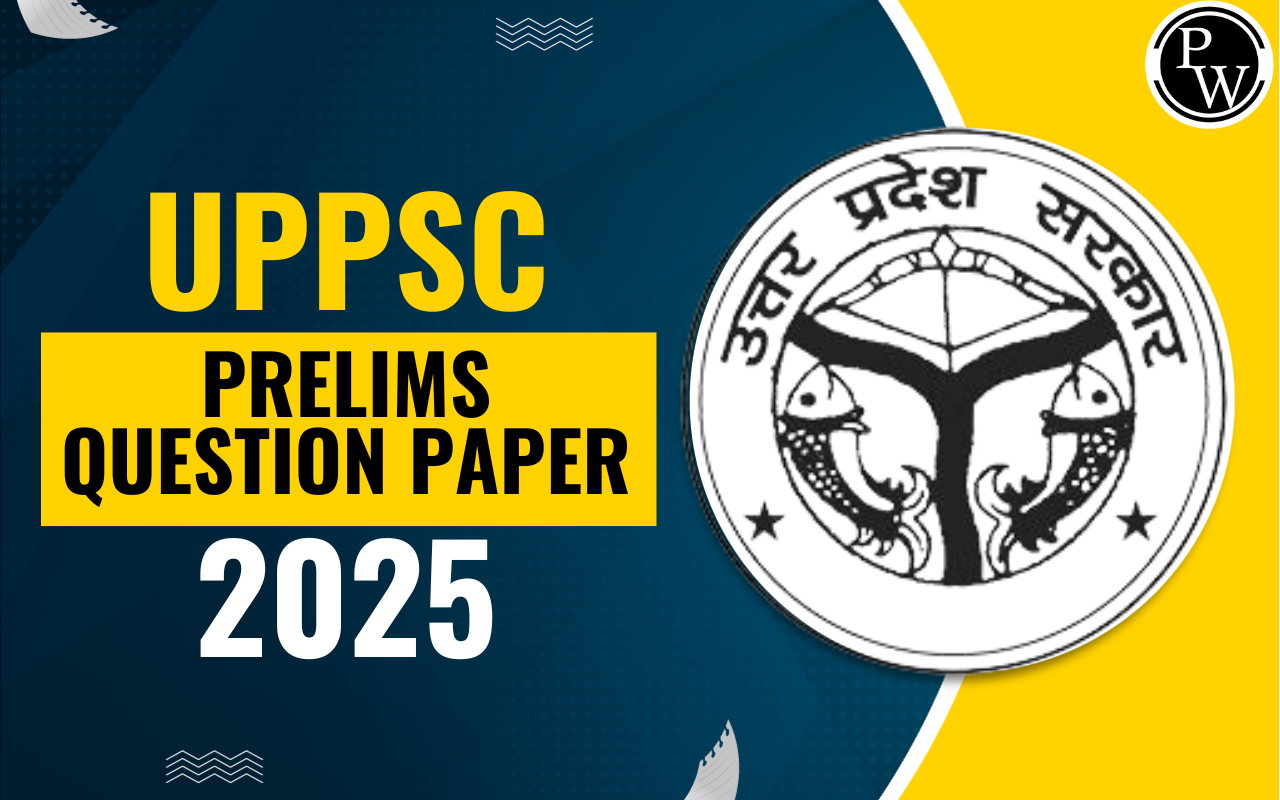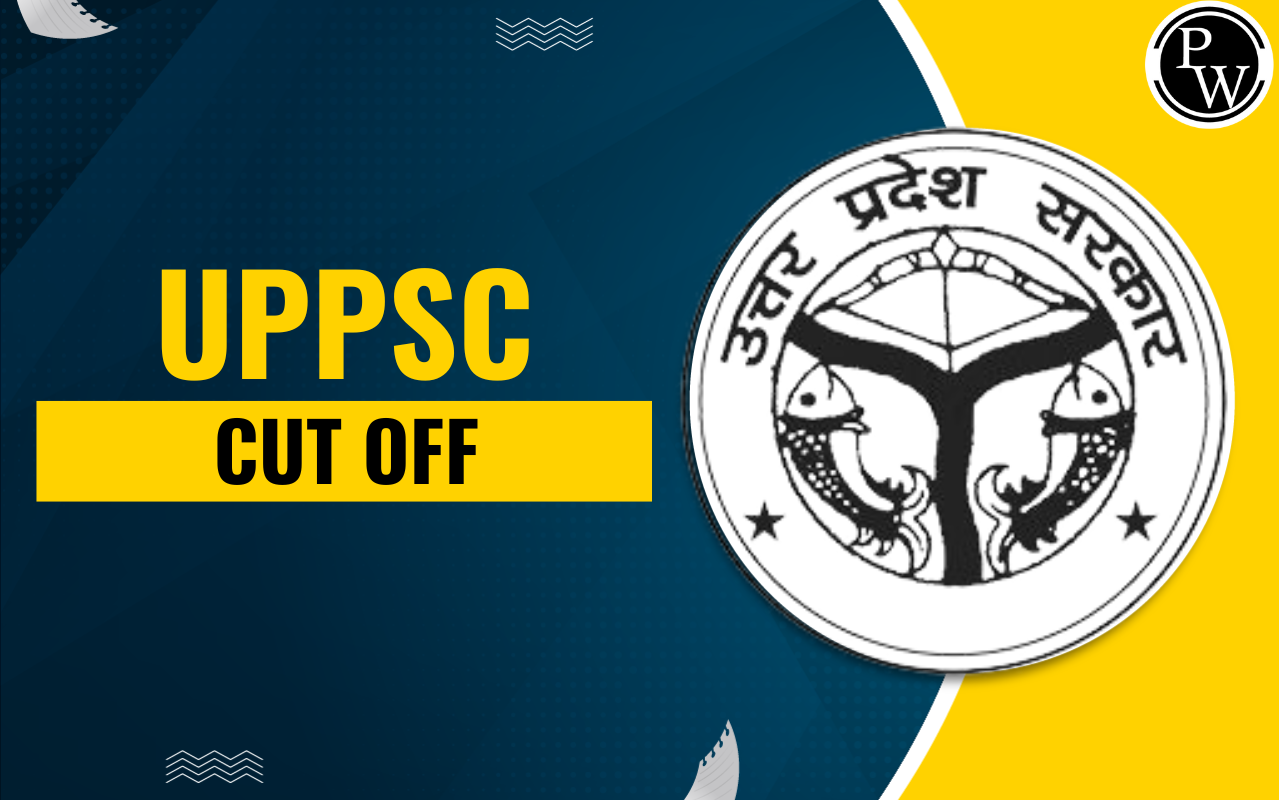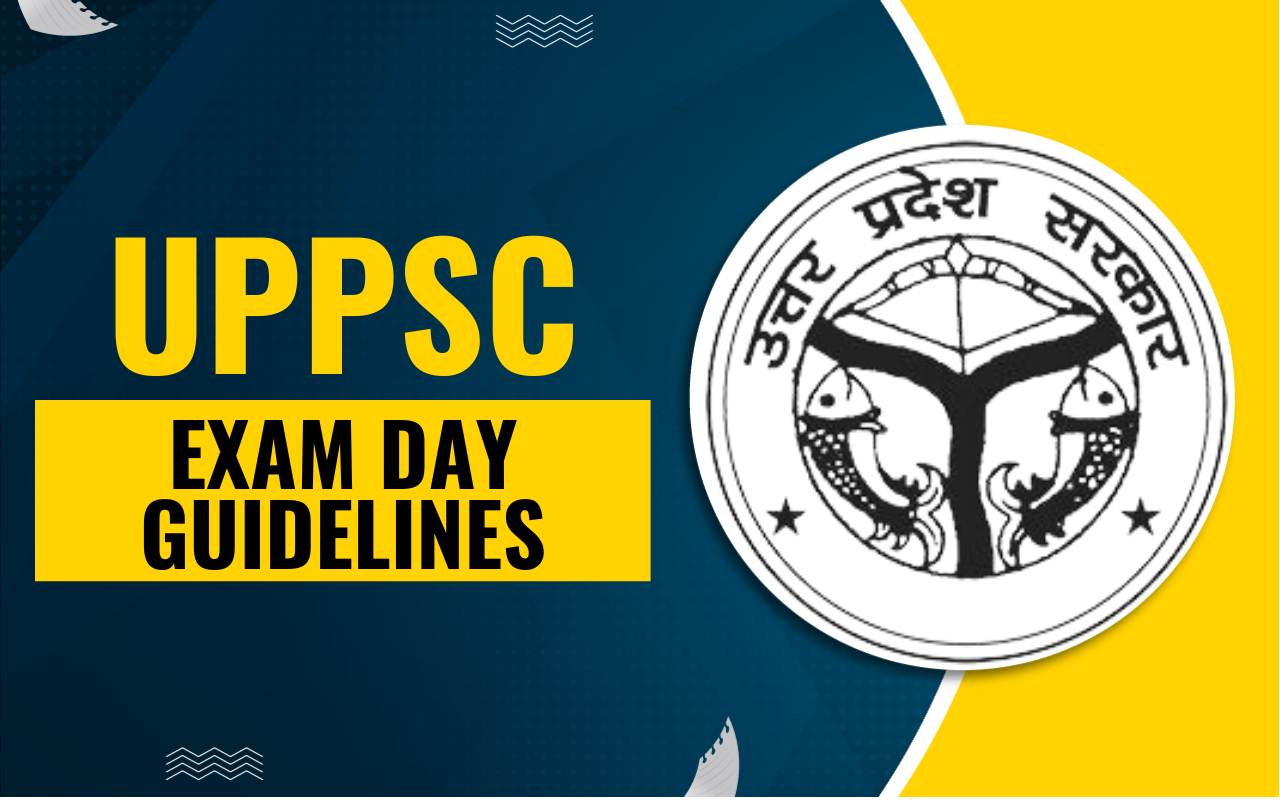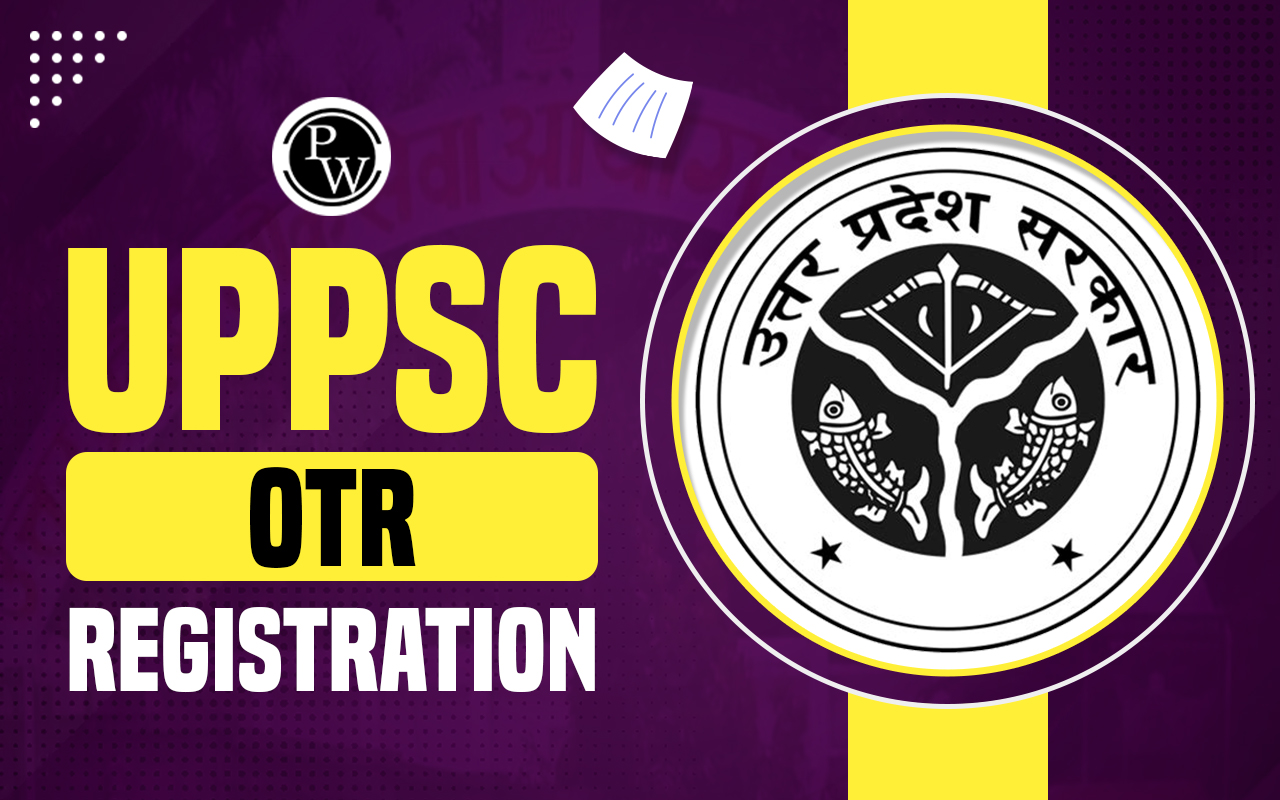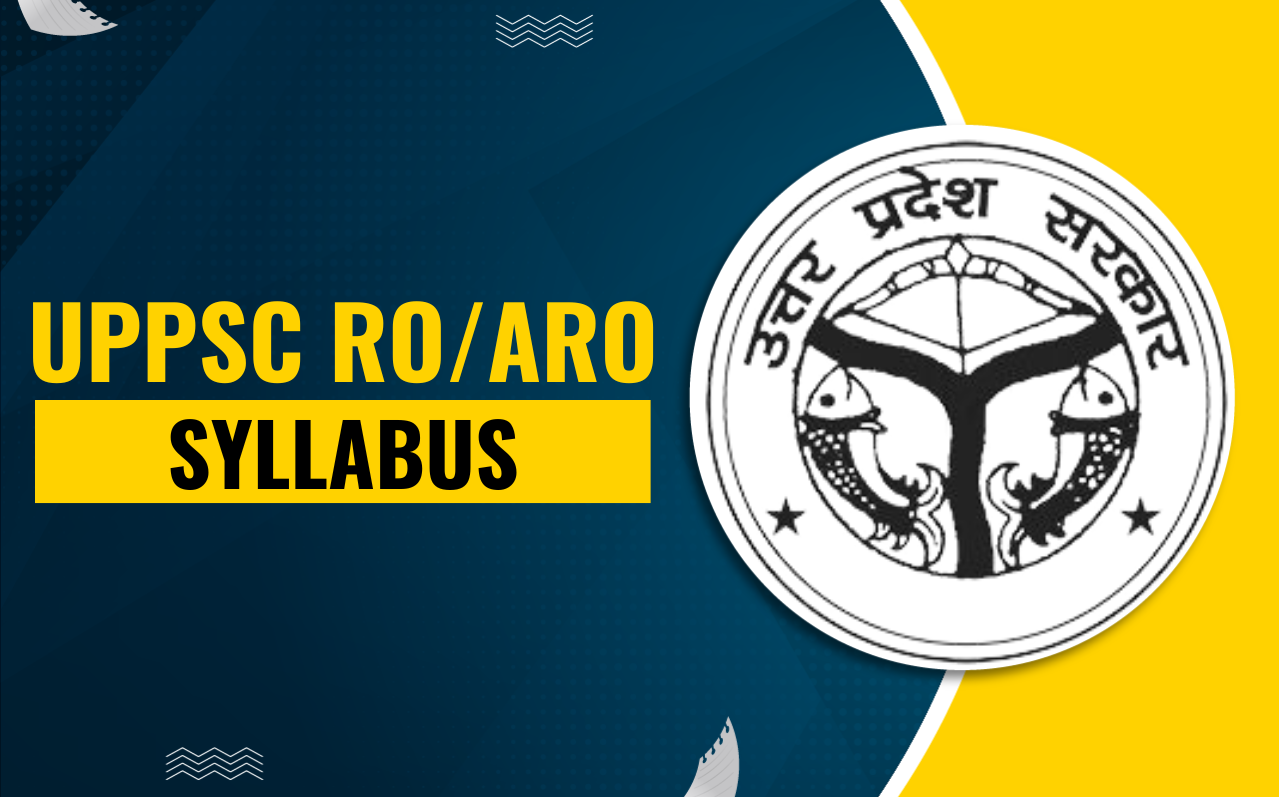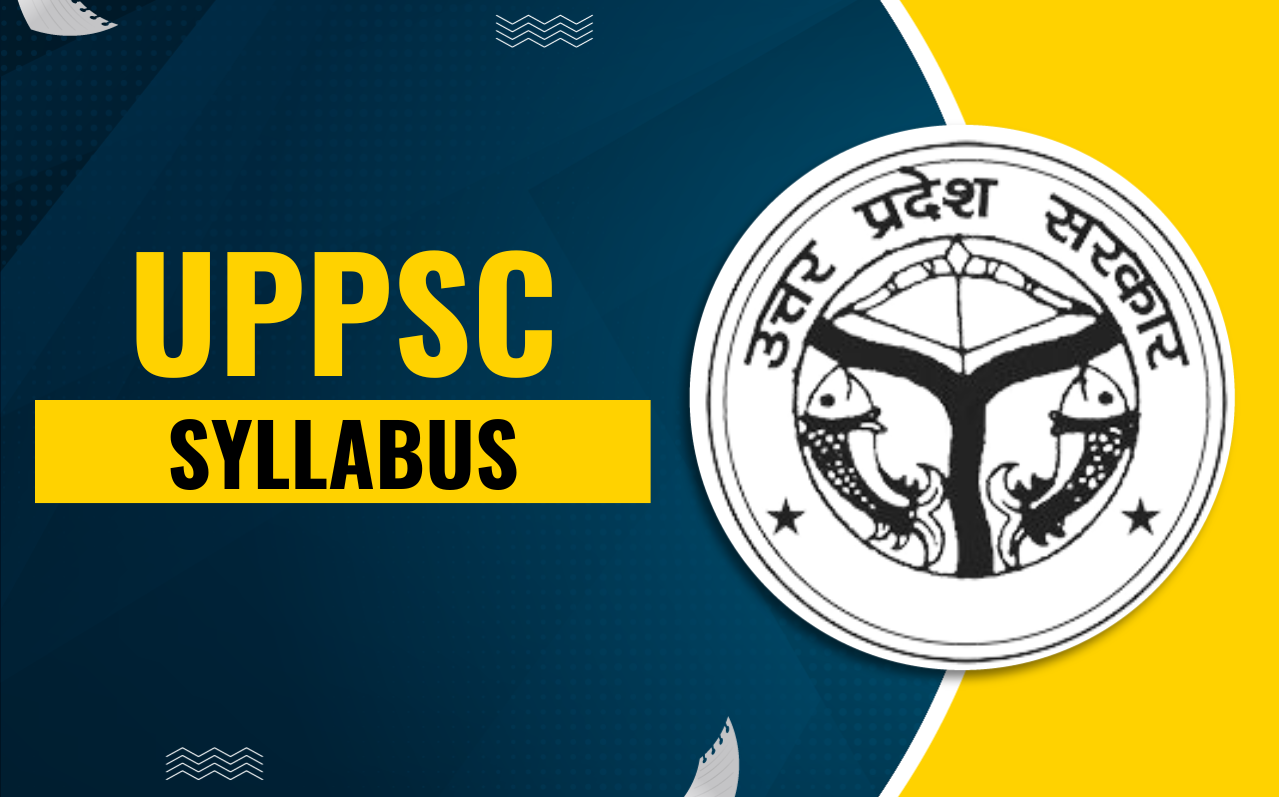

Nelson Mandela Biography: Nelson Mandela was a great leader, freedom fighter, and the first Black president of South Africa. He is celebrated in the whole world for his lifelong struggle against apartheid, his advocacy for peace and reconciliation, and his message of forgiveness and equality.
Nelson Mandela Biography
Nelson Mandela, also known as "Madiba," was born on July 18, 1918, in Mvezo, South Africa. He dedicated his life to fighting racial injustice and became a symbol of hope for millions. His journey from a rural village to the presidency of South Africa is a story of courage, sacrifice, and unwavering determination. Here is the complete biography of the great Nelson Mnadela
Dr. A.P.J. Abdul Kalam Biography
Nelson Mandela Biography Overview
Here is an overview of Nelson Mandela’s life, highlighting his journey from his early years to his lasting legacy. The table includes the facts and milestones of the life of Nelson Mandela.
|
Nelson Mandela Biography Overview |
|
|
Aspect |
Details |
|
Full Name |
Nelson Rolihlahla Mandela |
|
Birth Date |
July 18, 1918 |
|
Birthplace |
Mvezo, Eastern Cape, South Africa |
|
Family Background |
Thembu royal family (Madiba clan) |
|
Education |
University of Fort Hare, University of Witwatersrand (Law) |
|
Nobel Peace Prize |
Awarded in 1993 for efforts to dismantle apartheid |
|
Presidency |
First Black President of South Africa (1994–1999) |
|
Major Achievements |
Promoted reconciliation, established Truth and Reconciliation Commission, new constitution |
|
Death |
December 5, 2013, Johannesburg, South Africa |
Nelson Mandela’s Early Life and Education
Mandela was born into the Thembu royal family and given the name Rolihlahla Mandela. After his father died in 1930, he was raised by the acting king of the Thembu people. He attended Clarkebury Boarding Institute and later Healdtown, a Wesleyan college. In 1939, he enrolled at the University of Fort Hare but was expelled for participating in a student protest. He later completed his Bachelor of Arts through correspondence and began law studies at the University of Witwatersrand.
Nelson Mandela’s Entry into Politics
After moving to Johannesburg in 1941, Mandela became involved in the struggle against racial oppression. In 1943, he joined the African National Congress (ANC) and co-founded the ANC Youth League in 1944. Mandela quickly rose to leadership roles, advocating for equal rights and organizing campaigns against apartheid laws.
Anti-Apartheid Struggle and Imprisonment
Mandela’s activism led to repeated arrests and trials. In 1952, he was Volunteer-in-Chief of the Defiance Campaign and started South Africa’s first Black law firm. He was arrested in 1956 and charged with treason but was acquitted. In 1961, Mandela co-founded Umkhonto we Sizwe, the armed wing of the ANC, choosing armed resistance after peaceful methods failed. In 1962, he was arrested and sentenced to five years in prison, and in 1964, after the Rivonia Trial, he received a life sentence for sabotage.
Mandela’s Life in Prison
Mandela spent 27 years in prison, mostly on Robben Island. Despite harsh conditions, he became a symbol of resistance and unity for South Africans and people around the world. During his imprisonment, global campaigns called for his release, and he continued to inspire the anti-apartheid movement.
Release from Prison and End of Apartheid
Mandela was released from prison on February 11, 1990. He led negotiations with President F.W. de Klerk to end apartheid and establish multiracial elections. In 1993, Mandela and de Klerk were jointly awarded the Nobel Peace Prize for their efforts to bring peace and democracy to South Africa.
Nelson Mandela: The First Black President of South Africa
On April 27, 1994, South Africa held its first democratic elections, and Nelson Mandela was elected as the country’s first Black president. His presidency focused on reconciliation between races, building a new constitution, and addressing the injustices of the past. Mandela served one term and chose not to run again, setting a powerful example of democratic leadership.
Later Life and Legacy
After retiring from politics in 1999, Mandela continued his humanitarian work, founding organizations like the Nelson Mandela Foundation and the Nelson Mandela Children’s Fund.He raised awareness about HIV/AIDS and promoted peace and education worldwide. Mandela published his autobiography, "Long Walk to Freedom," sharing his story with the world.
Death Of Nelson Mandela
Nelson Mandela passed away peacefully on December 5, 2013, at the age of 95 in Johannesburg. His funeral was attended by leaders and admirers from around the globe. Mandela’s legacy lives on through his message of forgiveness, equality, and the power of one person to change the world.
Nelson Mandela Biography FAQs
When and where was Nelson Mandela born?
What was Nelson Mandela full name?
Which tribe and family did Mandela belong to?
What was Mandela educational background?
When did Mandela join the African National Congress (ANC)?


